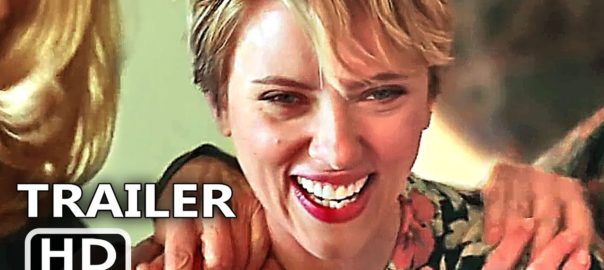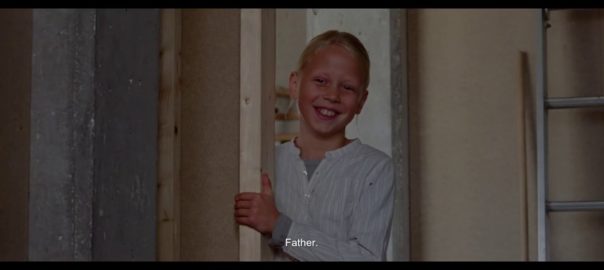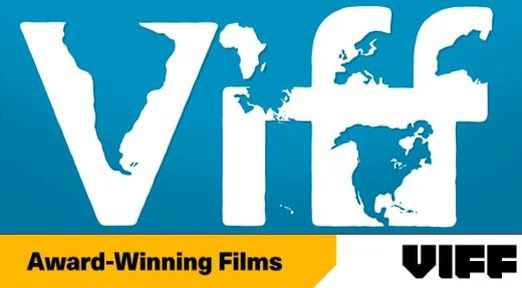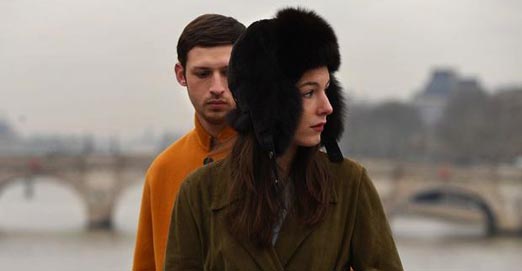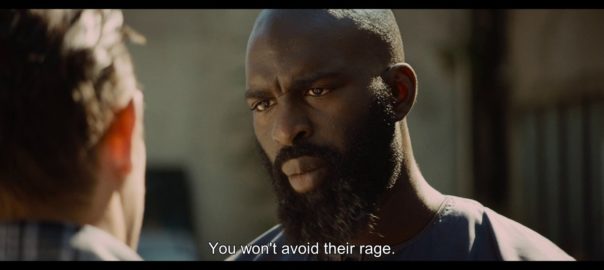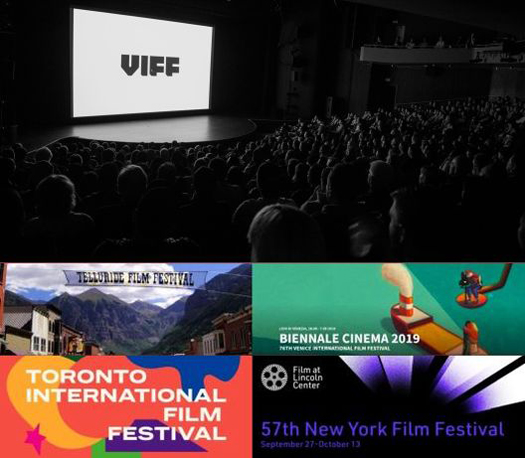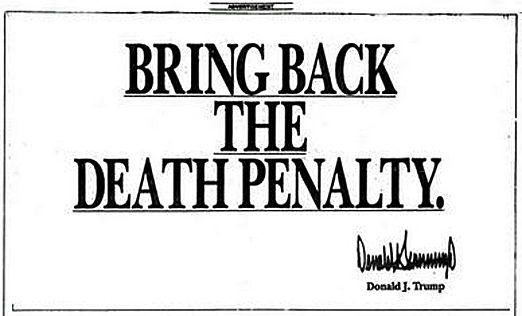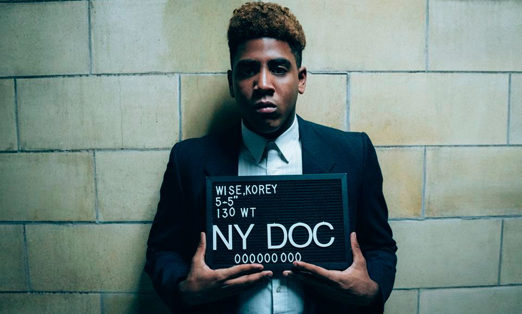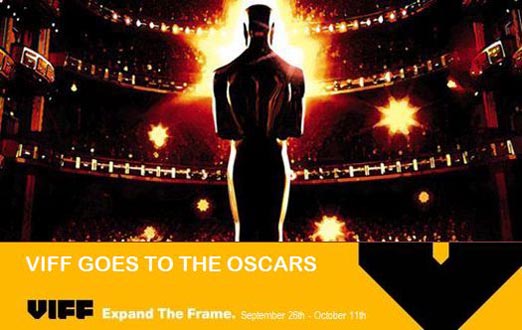
At the Wednesday opening press conference, the Vancouver International Film Festival’s Associate Director of Programming, Curtis Woloschuk, announced the late addition of four Oscar-bound films that, although they didn’t make the printed Festival guide (which is available everywhere across Metro Vancouver today, and a mighty gorgeous work of art it is) will screen, nonetheless, at this year’s spectacular 38th annual Vancouver International Film Festival (the schedule, and film information, is now available online).
And, oh yes, VIFF 2019 ticket (and pack) sales are now available online.
Although VanRamblings has written about and previously presented trailers for the four late addition films, to save you the work of searching through the previous columns, here are the four Oscar-bound films just added to the 38th annual Vancouver International Film Festival’s film schedule.
Noah Baumbach’s new film, Marriage Story, wowed ’em at both the Venice and Telluride Film Festivals, and at this point is the odds on favourite to win Best Picture, Actor, Actress, Director and Screenplay, among other probable Oscar wins, tracks the rapid tangling and gradual untangling of impetuosity, resentment, and abiding love between a married couple — played by Adam Driver and Scarlett Johannson — negotiating their divorce and the custody of their son. It’s as harrowing as it is hilarious as it is deeply moving. Marriage Story will screen at The Centre, 8:45pm, Thursday, October 10th.
Perhaps not the best reviewed film coming out of the Telluride Film Festival, writer-director-producer Edward Norton’s adaptation of Jonathan Lethem’s best-selling novel, Motherless Brooklyn, transplants Lionel, the main character of the novel, from modern Brooklyn into an entirely new, richly woven neo-noir narrative: a multilayered conspiracy that expands to encompass the city’s ever-growing racial divide, set in 1950s New York.
Here’s what IndieWire’s chief film critic, Eric Kohn, has to say about Motherless Brooklyn in his review …
Visually, Motherless Brooklyn doesn’t pull many exciting tricks, but veteran cinematographer Dick Pope manages to give New York City the L.A. Confidential treatment with evocative grey tones and shadowy street corners that deepen the mysterious atmosphere at every turn.
Some of Lionel’s encounters with various gruff characters hold more interest than others, but the movie really comes alive once he connects with Laura (Gugu Mbatha-Raw, in a delicate turn), an activist fighting the city’s racist housing policies. As he follows her all the way up to Harlem, Lionel connects with an affable jazz musician (a terrifically assertive Michael K. Williams) and finds some measure of kinship in his quest for answers in a broken world. The movie’s finest moment finds Lionel unable to contain his stream of Tourette’s tics in the midst of a jazz performance that seems to commiserate with the stream-of-consciousness he struggles to control. It’s a cogent illustration of the movie’s most alluring trait — a character searching for meaning in a messy world, and lost in a sea of words at every turn.
Motherless Brooklyn screens at The Centre, 8:45pm, Monday, Sept. 30th.
While it’s true that Steven Soderbergh’s new film, The Laundromat, will début on Netflix at some point in the fall season, do you really want to watch this big screen entertainment with the all star cast on your TV at home, no matter what kind of home theatre you have? No, I didn’t think so.
Bitterly funny and, at times, amusingly droll, The Laundromat emerged as a knock it out of the park favourite at the Venice Film Festival, a galvanizing, entertaining yet wistful Big Short style narrative about the 2016 Panama Papers scandal and how the wealthy elite across the globe are, daily, ripping us off and making our existences that much more challenging, through the use of tax havens, shell companies and money laundering (and, yes, as is becoming increasingly clear, Vancouver has a significant role to play), among other feats of dastardly financial derring do.
The Laundromat screens at 3pm at The Centre on Sunday, October 6th.
Clearly, Christian Bale and Matt Damon have Oscar nominations in the bag, in James Mangold’s propulsive new film, Ford v Ferrari, as fine an example of big Hollywood studio filmmaking as we’ve seen in many a year. The film crackles with dry humour throughout, an exhilarating re-telling of Carroll Shelby (Matt Damon) and Ken Miles’ (Christian Bale, in a transformative performance) years of racing cars at Daytona, Le Mans and on a makeshift LAX racetrack. Ford v Ferrari is about much more, though: it’s about friendship, the love of a father and his son, it’s about American ingenuity (although less than you’d expect) and, most unexpectedly, the evils of corporate marketing. Anyone who refers to it as the “perfect Dad movie” is simply not giving the filmmakers involved enough credit. You can detest auto racing and still be swept away with the events on screen.
Ford v Ferrari screens at The Playhouse as the VIFF 2019 closing film, on the last day of the festival, the screening at 6pm on Friday, October 11th.
 |
Parts 2 & 3 of VanRamblings’ VIFF 2019 Oscar Derby coverage will be published on Saturday and Sunday, with insight (and trailers) as well as scheduling information on the films that are set to pick up a slew of critics’ awards this autumn season, and in January: Academy Award nominations.
